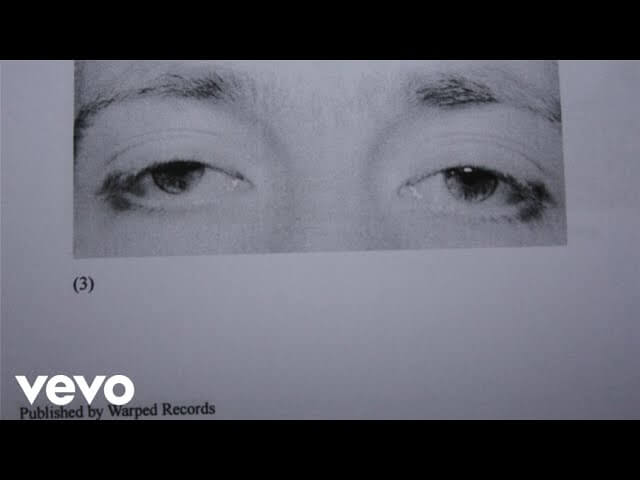Mount Kimbie’s Love What Survives is more tastefully curated playlist than album

Back when genres still mattered, Mount Kimbie—a duo hailing from England, where genre names flourish like bizarre slang for snacks—took pains to distance itself from the “post-dubstep” tag it had been saddled with. “Post-dubstep is kind of a shitty name,” Kai Campos and Dominic Maker said in a Red Bull Music Academy video titled, tellingly, “Don’t Call It Post Dubstep,” pointing out that the umbrella term unfairly lumped together an entire continuum of British dance music, and was “hypercritical and self-deprecating” besides—diminishing your own music as a response to a style that’s still extant and plenty vague itself. Really, “post-dubstep” is just a clumsy way of saying, “We like big bass sounds and synthesizers, but we don’t sound like Skrillex,” but that’s not nearly catchy enough. So “post-dubstep” stuck, and Mount Kimbie has been one of its torchbearers ever since 2010’s dreamy, 3 a.m. banger for the nightclub-of-your-mind Crooks & Lovers gave critics something to point to.
But whatever the hell “post-dubstep” meant, it became even less aptly applied to 2013’s Cold Spring Fault Less Youth, a vibrant, varied record that allowed live rock instruments, motorik rhythms, and a noticeable mess to puncture its carefully blown bubbles. More importantly, it added vocals—Campos and Maker’s own narcotized croons, but most notably those of King Krule, a.k.a. Archy Marshall, whose rude-boy, defiantly slack jawing gave their music a street-tough edge. The duo has spoken of how much Marshall’s “energy” inspired its new Love What Survives, but more than that, it seems to have given Mount Kimbie a whole new purpose: as backing band for a rotating lineup of other artists. The result is an album that’s certainly lively and often lovely, but also a tad indistinct, as whatever identity Mount Kimbie has (even something as vague as “post-dubstep”) tends to get subsumed by whoever happens to be on the mic.
Of these guests, King Krule once again muscles his way to the front with “Blue Train Lines,” a three-pints-in tale of “another fuckin’ fight, a junkie queue” in which Marshall’s rants grow more desperate and incoherent as his voice gets rawer, backed by an insistently buzzing synth and post-punk bass. On “You Look Certain (I’m Not So Sure),” Andrea Balency’s alternately breathy and flat, French-accented sing-song combines with a churning krautrock guitar to create a pretty decent Stereolab imitation. And for “Marilyn,” Campos and Maker surround Micachu (a.k.a. Mica Levi) with ghostly chimes that tinkle like a waterlogged music box behind her strange, spiraling vocal melody.









![Rob Reiner's son booked for murder amid homicide investigation [Updated]](https://img.pastemagazine.com/wp-content/avuploads/2025/12/15131025/MixCollage-15-Dec-2025-01-10-PM-9121.jpg)

























![HBO teases new Euphoria, Larry David, and much more in 2026 sizzle reel [Updated]](https://img.pastemagazine.com/wp-content/avuploads/2025/12/12100344/MixCollage-12-Dec-2025-09-56-AM-9137.jpg)




